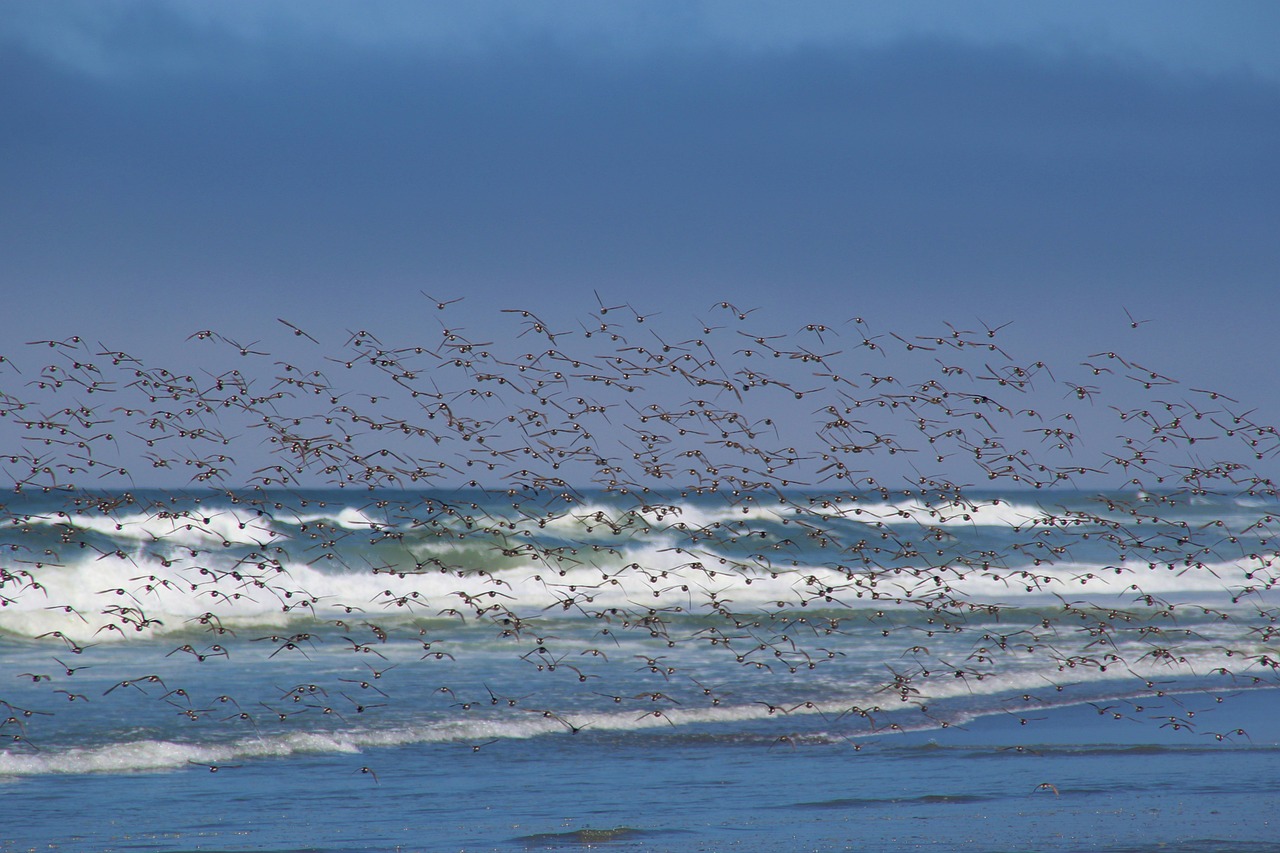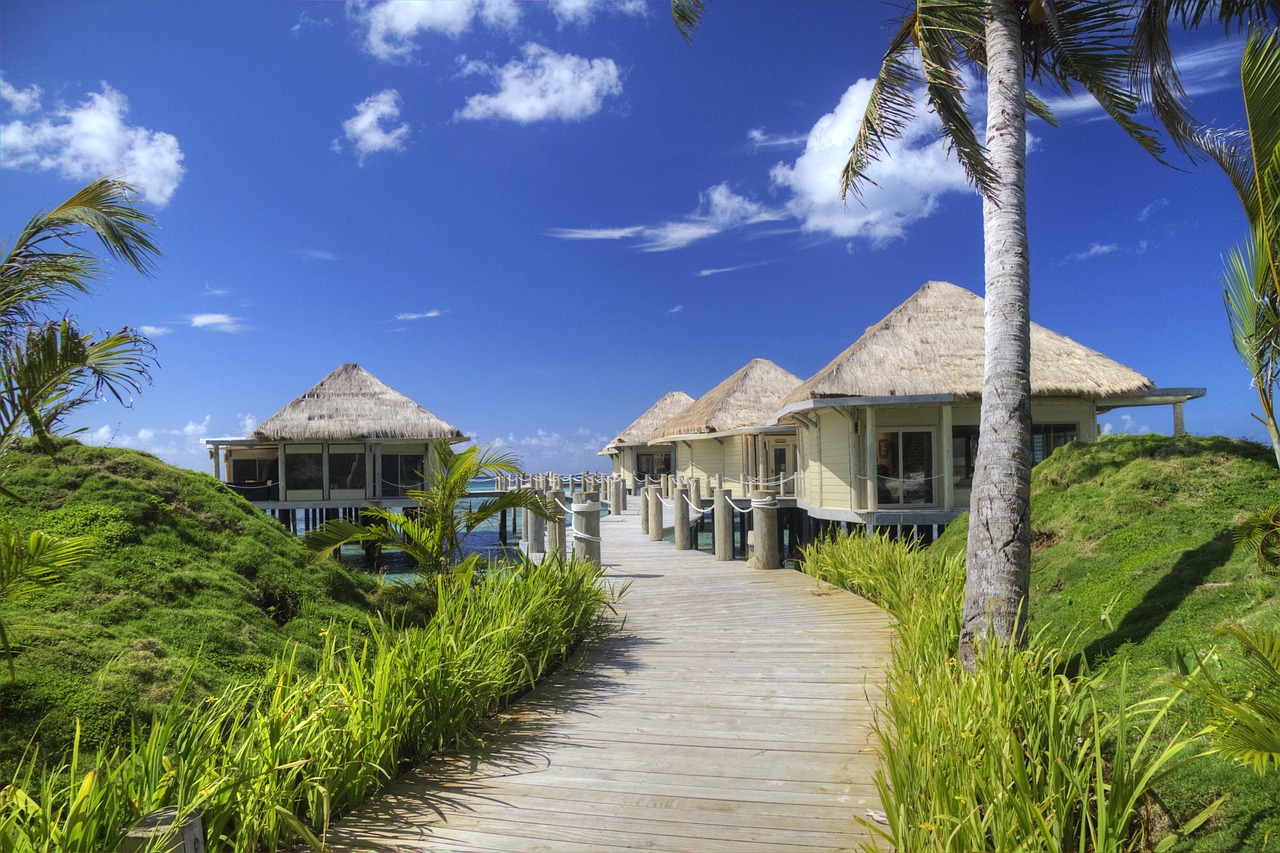Cultural Sensitivities: Understanding Local Norms in Samoa
Introduction
Samoa, located in the South Pacific, is a country known for its rich cultural traditions and warm hospitality. Understanding the local norms and cultural sensitivities is essential for visitors to have a meaningful and respectful experience in Samoa. This article aims to provide detailed information about the cultural sensitivities in Samoa, helping visitors navigate the local customs and traditions with ease.
Greetings and Etiquette
When greeting someone in Samoa, it is customary to use a warm and friendly approach. Handshakes are common, but a more traditional form of greeting is the “fa’asamoa” or “samoan way.” This involves a gentle touch of noses and foreheads while inhaling. It is important to show respect when meeting elders by addressing them with appropriate titles such as “sa’o” for men and “tausi” for women.
- Useful Phrases: Talofa (Hello), Faafetai (Thank you), Tofa (Goodbye)
- Respecting Elders: Show respect to elders by addressing them with appropriate titles and using a gentle and polite tone of voice.
- Punctuality: While Samoans are generally relaxed about time, it is still important to be punctual for scheduled appointments or events.
- Avoiding Public Displays of Affection: Samoan culture is conservative, and public displays of affection, such as kissing or hugging, should be avoided.
Family and Community
In Samoa, family and community play a central role in people’s lives. The concept of “aiga” (extended family) is highly valued, and individuals are expected to prioritize the needs of their family and community over personal desires. It is common for multiple generations to live together under one roof, fostering close-knit relationships.
- Respecting Elders: Elders hold significant respect in Samoan culture. It is important to show deference to older family members and seek their guidance.
- Sharing and Generosity: Sharing food, resources, and experiences is a fundamental aspect of Samoan culture. Visitors are encouraged to reciprocate this generosity.
- Participating in Community Events: Attending village meetings, church services, and other community events is a great way to immerse oneself in Samoan culture and show respect for the local community.
- Respecting Tapu: Tapu refers to sacred or forbidden areas. Visitors should always seek permission before entering someone’s property or engaging in activities in certain areas.
Religion and Spirituality
Religion holds a significant place in Samoan society, with the majority of the population being Christian. The two main Christian denominations in Samoa are Congregational Christian Church of Samoa and Roman Catholic Church. Visitors should respect the religious practices and customs of the locals.
- Attending Church Services: Visitors are welcome to attend church services, but it is important to dress modestly and observe the customs and traditions of the specific church.
- Sunday Observance: Sundays are considered sacred in Samoa, and many businesses and activities are closed. Visitors should refrain from engaging in loud or disruptive behavior on Sundays.
- Respecting Religious Sites: When visiting churches or other religious sites, it is important to maintain a respectful demeanor and seek permission before taking photographs.
- Religious Festivals: Samoans celebrate various religious festivals throughout the year. Visitors may have the opportunity to witness these vibrant and joyous celebrations.
Food and Dining Etiquette
Food holds great significance in Samoan culture, and traditional meals often involve communal eating. Visitors should familiarize themselves with the dining etiquette to ensure a respectful experience.
- Samoan Feast (Fiafia Night): Fiafia nights are traditional feasts that showcase Samoan food, music, and dance. Visitors are encouraged to participate and enjoy the cultural experience.
- Removing Shoes: It is customary to remove shoes before entering someone’s home or a traditional fale (house). Follow the lead of the host or local customs.
- Eating with Hands: In some traditional settings, it is common to eat with hands instead of utensils. Visitors can observe and follow the locals’ lead.
- Leaving Food on the Plate: Leaving a small amount of food on the plate is a sign of satisfaction in Samoan culture. It is not considered rude to do so.
Arts and Crafts
Samoan arts and crafts are deeply rooted in the culture and reflect the traditions and skills passed down through generations. Visitors can appreciate and support local artisans by purchasing handmade items.
- Tapa Cloth: Tapa cloth, made from the bark of the mulberry tree, is a traditional Samoan art form. It is used for clothing, decorations, and ceremonies.
- Woodcarving: Intricate woodcarvings are a prominent feature of Samoan art. They can be found in traditional houses, canoes, and ceremonial objects.
- Siapo: Siapo, also known as bark cloth, is decorated with intricate patterns and designs using natural dyes. It is a unique form of Samoan artistic expression.
- Ornaments and Jewelry: Samoan jewelry often incorporates shells, pearls, and traditional symbols. These pieces make beautiful souvenirs.
Traditional Clothing
Samoan traditional clothing is vibrant and holds cultural significance. Understanding the different garments and their meanings can deepen the appreciation for Samoan culture.
- Lavalava: Lavalava is a traditional wraparound skirt worn by both men and women. It is made from colorful fabric and is commonly worn for special occasions.
- Puletasi: Puletasi is a two-piece outfit consisting of a blouse and a matching skirt. It is typically worn by women for formal events or church services.
- Pe’a: Pe’a is a traditional male tattoo that covers the lower body from the waist to the knees. It represents cultural identity and is a significant symbol of Samoan heritage.
- Malofie: Malofie is a traditional hand-tapped tattoo that covers the upper body, including the back, chest, and arms. It is a mark of honor and courage.
Traditional Games and Sports
Samoans have a rich tradition of games and sports, which are not only recreational but also serve as a way to strengthen community bonds.
- Ula Maika: Ula Maika is a traditional game that involves rolling a disc-shaped stone along the ground to hit a target. It requires skill and precision.
- Puni: Puni is a form of wrestling that showcases strength and agility. It is a popular sport in Samoan culture and often performed during festivals.
- Cricket: Cricket is a popular sport in Samoa, introduced during the colonial era. Locals enjoy playing and watching cricket matches.
- Surfing and Canoeing: With its stunning coastline, Samoa offers excellent opportunities for surfing and canoeing. Visitors can engage in these activities while respecting the local customs and environment.
Environmental Awareness
Samoans have a deep connection with the natural environment and strive to preserve their beautiful islands. Visitors should be mindful of their impact and follow sustainable practices.
- Conservation: Respect the natural environment by not littering, avoiding damage to coral reefs, and participating in eco-friendly activities.
- Protected Areas: Some areas in Samoa are designated as protected, such as national parks and marine reserves. Visitors should follow the guidelines and regulations when visiting these areas.
- Traditional Fishing Practices: If engaging in fishing activities, be aware of traditional fishing practices and adhere to sustainable fishing methods.
- Leave No Trace: When exploring Samoa’s natural attractions, leave no trace behind. Take your trash with you and avoid disturbing the flora and fauna.
Conclusion
By understanding and respecting the cultural sensitivities in Samoa, visitors can forge meaningful connections with the local community and have a memorable experience. Embracing the customs, traditions, and values of Samoa will contribute to a harmonious and respectful journey through this beautiful South Pacific nation.
Samoa Image 1:

Samoa Image 2:

Samoa Image 3:

References
- Samoa Tourism Authority: www.samoa.travel
- Ministry for Culture and Heritage Samoa: www.samoaculture.gov.ws
- Cultural Village Foundation – Samoa: www.cvf-samoa.com
- Lonely Planet – Samoa: www.lonelyplanet.com/samoa

